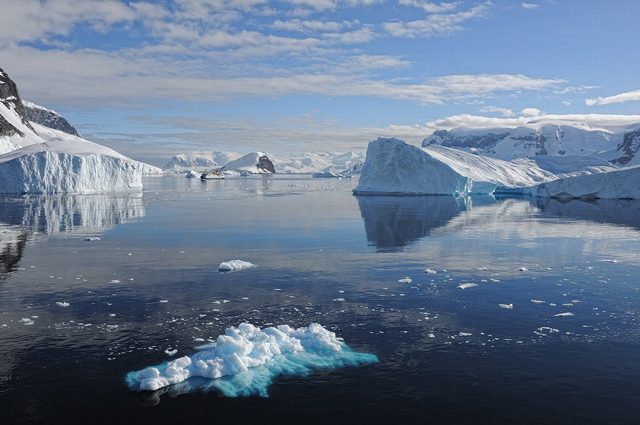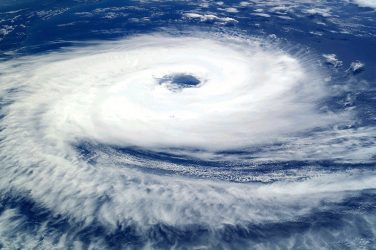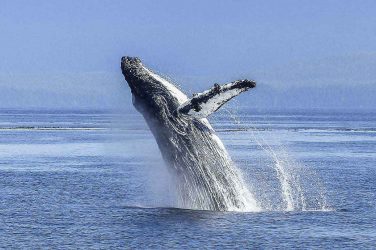Antarctica is the southernmost continent on Earth and is covered almost entirely by ice. However, it is no secret that recent studies have shown that the ice in Antarctica is melting at an alarming rate due to climate change.
Scientists have observed that the Antarctic ice sheet is losing about 118 gigatons of ice per year, and this rate of loss is increasing rapidly. This melting is caused by a combination of rising temperatures and the warming of ocean waters around Antarctica.
The National Snow and Ice Data Center, however, reported on February 13 the lowest record of sea ice surrounding the Antarctic continent at any time since we began using satellites to measure it in the late 1970s.
Moreover, the record highlights the exceptionality of this year: while usually less sea ice is expected in the southern hemisphere summer, winds and warmer air and water reduced coverage to just 1.91 million square km, way before last year’s lowest sea ice level.
Melting ice in Antarctica can have far-reaching consequences. As the ice melts, sea levels rise, which can lead to flooding in coastal cities and the displacement of millions of people. The melting ice also affects ocean currents, which can have a significant impact on global weather patterns.
To combat this problem, countries around the world are taking measures to reduce their carbon emissions and slow down global warming. Scientists are also studying the melting ice in Antarctica to better understand its causes and potential consequences. There is still much work to be done, but the hope is that with increased awareness and action, we can slow down or even reverse the melting of ice in Antarctica and mitigate the impacts of climate change.









Show Comments